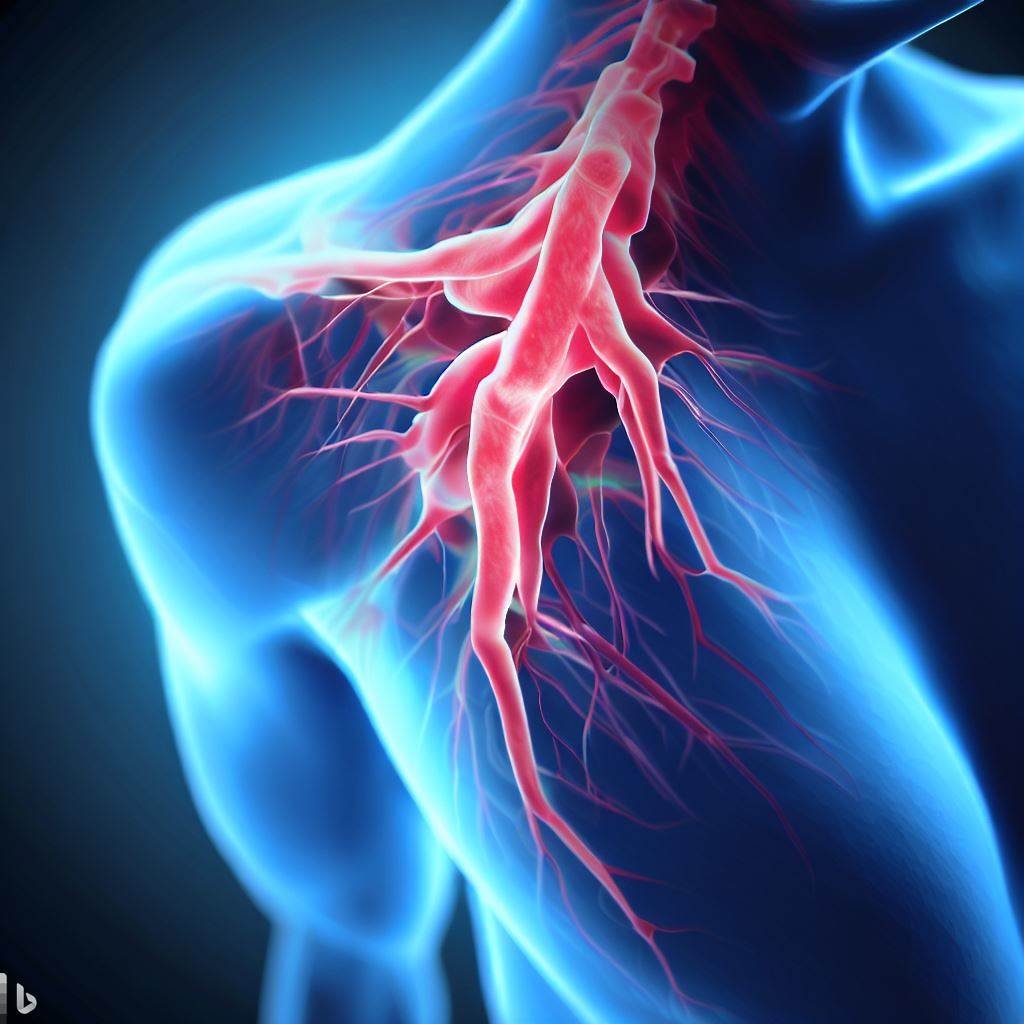In this comprehensive guide, we’ll explore the world of pinched nerves, providing insights into their causes, symptoms, and effective treatment options. Our mission is to empower you with knowledge, so you can better comprehend pinched nerves and discover how Americana Injury Clinic can support your journey to recovery.
What Is a Pinched Nerve?
A pinched nerve, medically known as nerve compression or radiculopathy, occurs when a nerve faces constriction due to surrounding tissues like bones, muscles, tendons, or cartilage. Such compression can lead to discomfort and potential complications if left untreated.
Common Causes of Pinched Nerves
Pinched nerves can result from various factors, including:
Herniated Discs: Among the leading causes of pinched nerves are herniated or bulging discs in the spine. These discs can exert pressure on adjacent nerves, leading to discomfort and pain.
Bone Spurs: Over time, the growth of bone spurs, tiny bony projections, can narrow nerve passages, causing compression and discomfort.
Injury or Trauma: Accidents or injuries that damage surrounding tissues can also contribute to pinched nerves.
FAQs (Frequently Asked Questions)
Q1: How do I know if I have a pinched nerve?
A1: Common symptoms include numbness or tingling, persistent pain along the nerve’s path, and reduced muscle strength connected to the affected nerve.
Recognizing the Symptoms
Identifying the symptoms of a pinched nerve is crucial for timely intervention. Common signs include:
- Numbness or Tingling: A sensation of pins and needles in the affected area.
- Pain: Persistent pain that may radiate along the nerve’s path.
- Weakness: Reduced strength in muscles connected to the affected nerve.
Diagnosis and Evaluation
To accurately diagnose a pinched nerve, medical professionals may employ various methods, including:
- Physical Examination: Evaluating reflexes, muscle strength, and range of motion.
- Imaging Tests: Utilizing X-rays, MRI, or CT scans to visualize the affected area.
- Electrodiagnostic Tests: Conducting nerve conduction studies and electromyography (EMG) to assess nerve function.
Effective Treatment Options
Pinched nerves can be effectively managed with various treatments, depending on the severity of the condition. Americana Injury Clinic offers the following services to address pinched nerve-related issues:
Auto Accident Injury Care: If your pinched nerve is a result of an auto accident, our experienced team can provide specialized care tailored to your needs.
Auto Accident Claims Filing: We assist you in navigating the complex process of filing auto accident claims, ensuring you receive the compensation you deserve.
Trucking Accident Injury Help: In cases involving trucking accidents, we provide comprehensive support to address pinched nerve injuries.
Filing For Workers Compensation Benefits: If your pinched nerve is work-related, we can help you file for workers’ compensation benefits.
Workers Compensation Injury Treatment: Our clinic offers specialized treatment for workers’ compensation-related injuries, including pinched nerves.
Orthopedic & Chiropractic Treatment: Our skilled orthopedic and chiropractic specialists can provide targeted treatment for pinched nerves.
Slip and Fall Injury Claims: If a slip and fall incident led to your pinched nerve, we offer assistance with injury claims and treatment.
FAQs (Frequently Asked Questions)
Q2: How can Americana Injury Clinic help with pinched nerves?
A2: We offer a range of services, including specialized care for auto accidents, assistance with claims filing, and comprehensive treatment options for pinched nerves resulting from various causes.
Prevention and Lifestyle Tips
To reduce the risk of developing pinched nerves, consider the following:
- Maintain Proper Posture: Avoid prolonged periods of poor posture to minimize strain on nerves.
- Ergonomic Workspace: Ensure your workspace is ergonomically designed to reduce stress on nerves.
- Regular Exercise: Engage in regular physical activity to promote overall health and prevent nerve compression.
Conclusion
In conclusion, understanding pinched nerves is vital for proactive management. By recognizing the causes, symptoms, and treatment options, you can take steps toward relieving discomfort and improving your quality of life. Americana Injury Clinic is here to support your journey to recovery. If you suspect you have a pinched nerve, consult with our healthcare professionals for personalized advice tailored to your specific condition.
Note: It’s important to consult with a healthcare provider for a proper diagnosis and treatment plan if you suspect you have a pinched nerve. This article serves as informational and promotional content for Americana Injury Clinic, which specializes in helping individuals recover from pinched nerve-related issues.



